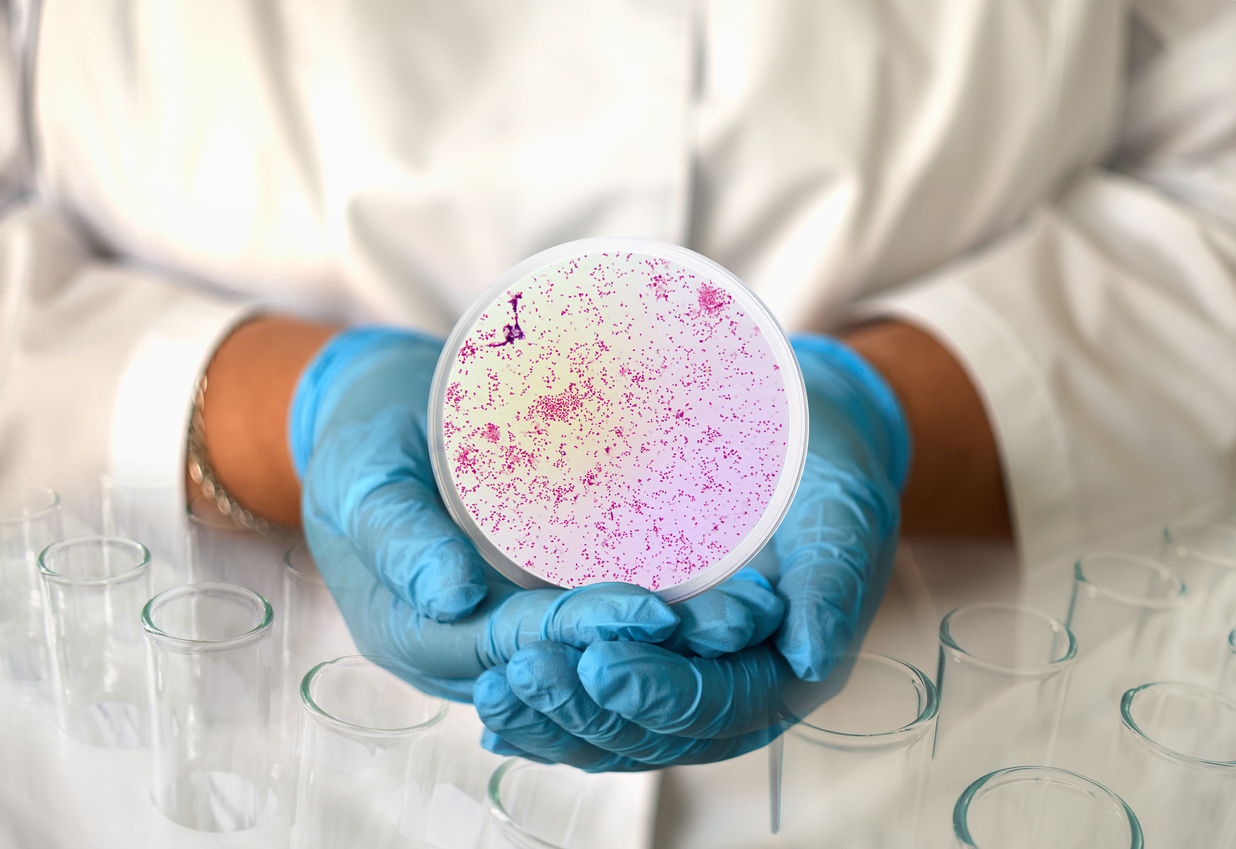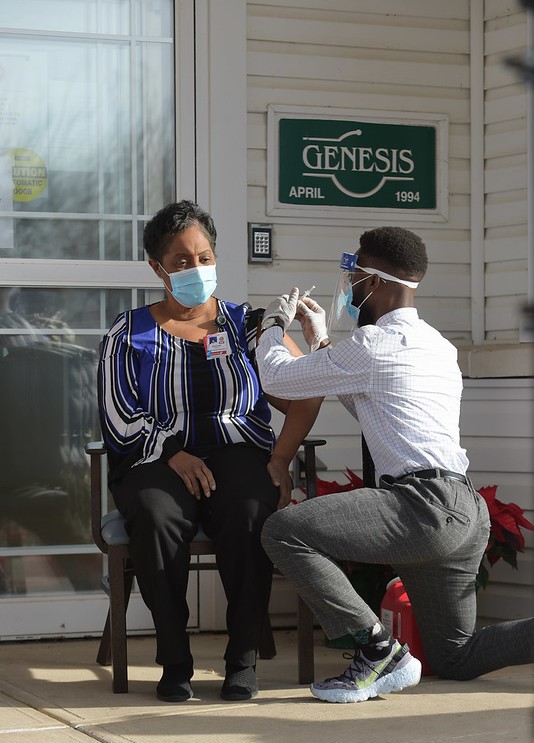A review and meta-analysis of studies on treatment outcomes for extensively drug-resistant tuberculosis (TB) found a success rate of only 44%, researchers reported yesterday in the Journal of Infection.
Among 5,056 studies published from 2005 to April 2023 that reported on treatment outcomes for extensively drug-resistant TB, researchers from Aarhus University Hospital in Denmark identified 94 eligible studies from 26 countries, involving 10,223 patients. The pooled proportion of cases treated successfully was 44.2% (95% confidence interval [CI], 38.3% to 50.3%), well below the World Health Organization (WHO) target success rate of 75%. For studies in which all successful and unsuccessful outcomes were completely stratified, the pooled success rate was only 26.9% (95% CI, 19.1% to 36.4%). A variety of sensitivity analyses produced similar estimates.
"These rates are very low, and this situation is comparable to the prognosis for patients affected by tuberculosis prior to the antibiotic era," the study authors wrote.
They note, however, that a slight improvement in treatment outcomes was observed after 2013, and that the 25 studies on outcomes for patients with pre-extensively drug-resistant TB found a pooled treatment success rate of 63.3%.
This situation is comparable to the prognosis for patients affected by tuberculosis prior to the antibiotic era.
More important, the review did not include any studies conducted since the introduction of the all-oral, shorter, and less toxic BPaL (bedaquiline, pretomanid, and linezolid) regimen with or without moxifloxacin, which has demonstrated treatment success rates of up to 90% in phase 3 trials. The WHO recommended this regimen for most patients with drug-resistant TB in May 2022.
"This newly introduced and recommended regimen gives hope for a new era of extensively drug-resistant tuberculosis treatment," the authors wrote.

 Analysis of Neisseria gonorrhoeae isolates from three African countries found high resistance to ciprofloxacin and emerging resistance determinants for azithromycin, African researchers reported today in the Journal of Antimicrobial Chemotherapy.
Analysis of Neisseria gonorrhoeae isolates from three African countries found high resistance to ciprofloxacin and emerging resistance determinants for azithromycin, African researchers reported today in the Journal of Antimicrobial Chemotherapy.














